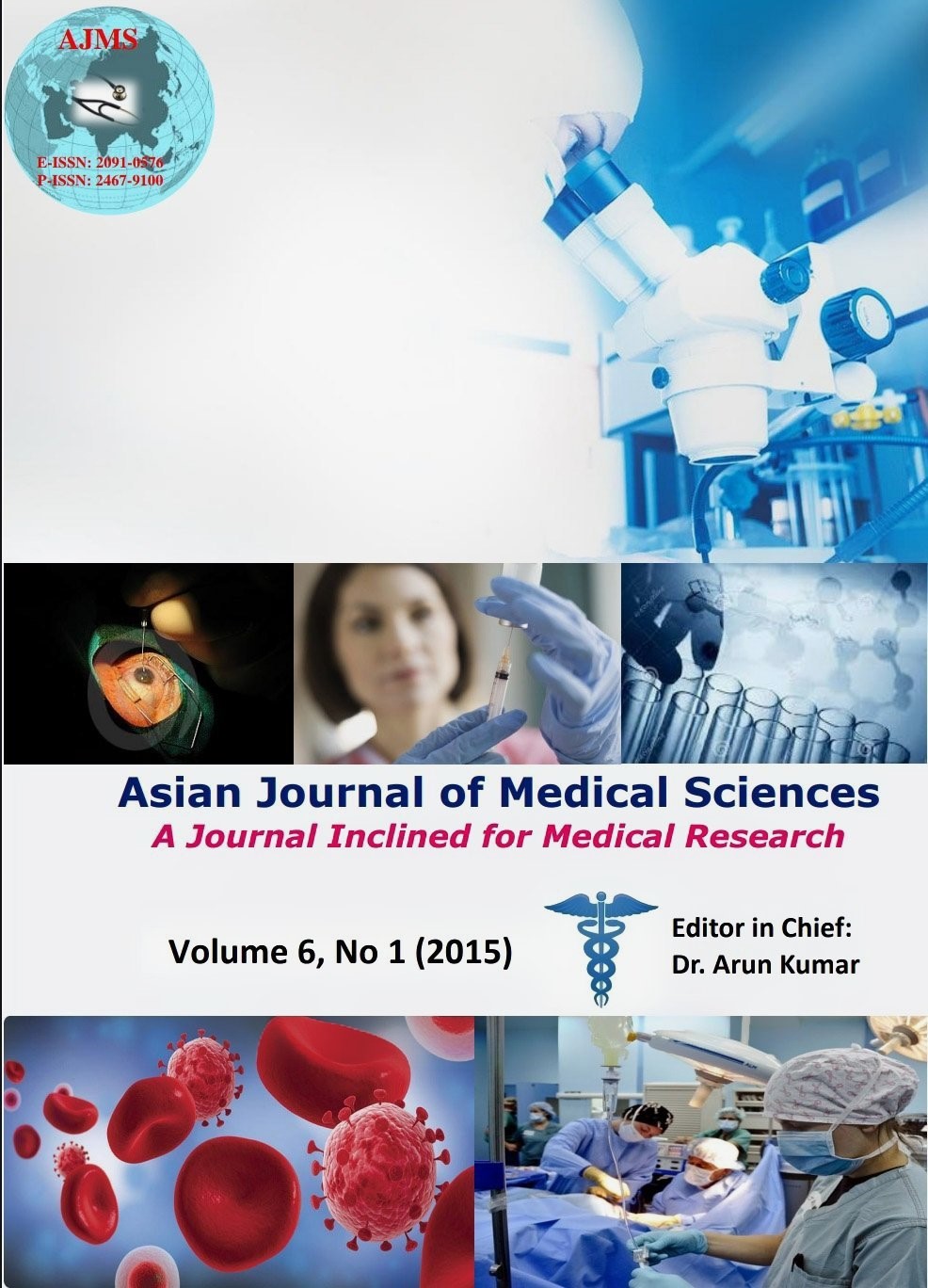Vitamin D deficiency in children
Keywords:
Bones, calcium, children, rickets, vitamin D deficiencyAbstract
Background: Vitamin D deficiency in children is an important medical entity commonly diagnosed during early childhood. Prevalence and incidence of vitamin D deficiency in children is underestimated and can have far reaching consequences as per the latest evidence. Children at high risk should be identified and treated accordingly to avoid the treatable misadventures of future life.
Aim: The purpose of this review is to provide summary of the latest research in particular to the practical aspects of vitamin D deficiency in children.
Methods: A literature search in PubMed, Medline, Embase, Scopus, Google Scholar, and DOAJ was conducted, regarding pediatric vitamin D deficiency related research and review articles in English language, using keywords or phrases such as bones; childhood allergy; calcium; children; diabetes mellitus type 1; respiratory infections; rickets; failure to thrive, 25-OH vitamin D.
Conclusion: Despite major advances in unfolding the classical and non-classical role of vitamin D in various health related events in children, yet most of the pediatric population is vitamin D deficient even in countries like India with ample sunlight.
DOI: http://dx.doi.org/10.3126/ajms.v6i1.10199
Asian Journal of Medical Sciences Vol.6(1) 2015 1-7
Downloads
Downloads
Published
How to Cite
Issue
Section
License
Authors who publish with this journal agree to the following terms:
- The journal holds copyright and publishes the work under a Creative Commons CC-BY-NC license that permits use, distribution and reprduction in any medium, provided the original work is properly cited and is not used for commercial purposes. The journal should be recognised as the original publisher of this work.
- Authors are able to enter into separate, additional contractual arrangements for the non-exclusive distribution of the journal's published version of the work (e.g., post it to an institutional repository or publish it in a book), with an acknowledgement of its initial publication in this journal.
- Authors are permitted and encouraged to post their work online (e.g., in institutional repositories or on their website) prior to and during the submission process, as it can lead to productive exchanges, as well as earlier and greater citation of published work (See The Effect of Open Access).




